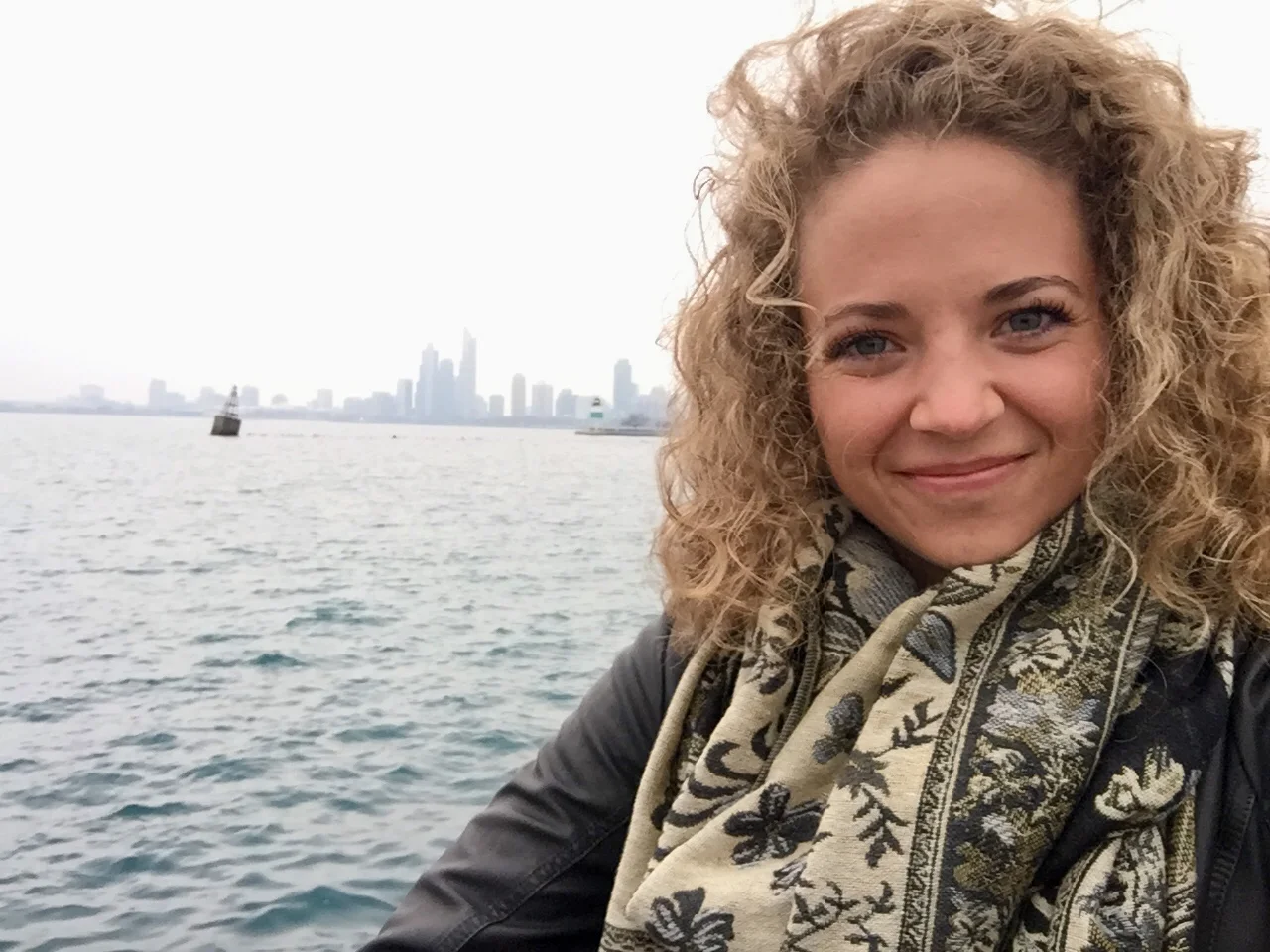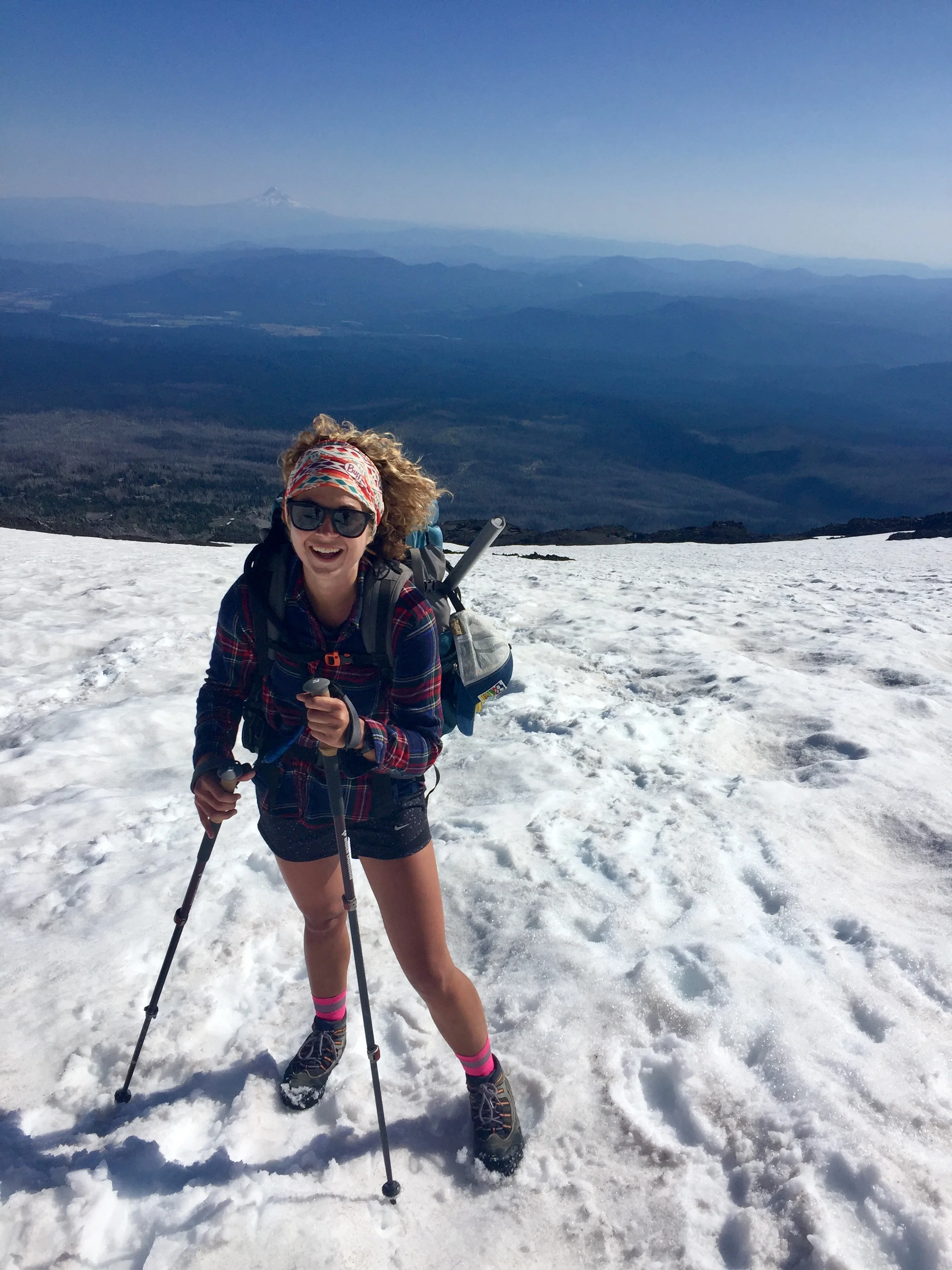I Held Our Whole World In My Hands
I held a brain today.
And I just giggled typing that sentence, because how many people get to write that?
I held a human brain. I wrapped my fingers around a three-pound lentil-looking structure, coursing with 100 billion neurons (give or take a few billion) and filled with someone’s greatest hopes, wildest dreams, and darkest fears. And as I stared down at it, I wondered:
Did this brain love dogs or cats?
Did this brain have a fear of heights or spiders?
Did it suffer from insomnia or anxiety?
Did the brain in my hands love broccoli? What made it different from other brains that can’t stand broccoli? Is there a gyrus in the brain specifically for broccoli?
It astounds me that medicine is constantly improving and progressing, yet we still have virtually no idea what makes someone “tick.” We can create robots to perform surgery, but we still haven’t quite figured out our own brains.
Honestly, it makes me glad that the brain remains undiscovered and mysterious. If the brain was entirely mapped out and every personality explained, it would lessen the beauty of the individual. We would become the very robots that we are creating: boring, looking at the world with predictable calculations. We would become incapable of genuine, spontaneous human interactions. We would become shells of our wild, adventurous, unpredictable selves.
In undergrad, I had the opportunity to work with a neuropsychologist who specialized in chronic pain management. We saw patients with traumatic brain injuries, stroke patients with massive deficits, patients with unexplained fibromyalgia – people who saw the world differently. They went to bed in pain and woke up in pain, and they all displayed a deep resiliency.
We worked with each patient to create meditations and different brain coping techniques to help them combat their pain. Each individual processed their pain differently. One strategy worked for one but not another.
How does one brain have the ability to handle pain, while another crumbles with the smallest painful occurrence? How can one brain grow and mold to create new thinking patterns, while another remains fixed and stagnant?
The feeling I had holding that brain in the lab? I want to hold onto that sense of wonder and awe and reverence.
As we progress further into our careers, we risk forgetting the beauty of learning things for the first time. There will be times of darkness and despondency; times where we will forget why we are where we are. There will be moments that threaten to distract us from the beauty in the intricacy of the human being.
In those times, I hope I will remember that brain, and the powerful questions it evoked.
Annika LaVoie
Family Medicine Interest Group – ACOFP Student Chapter President
OB/GYN Club - Secretary
Association of Women Surgeons - National Liaison
Osteopathic Medical Student - 2nd Year (OMS II)
Pacific Northwest University of Health Sciences



